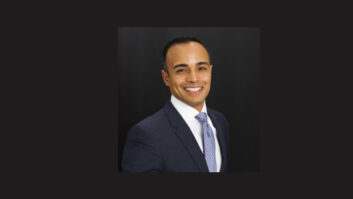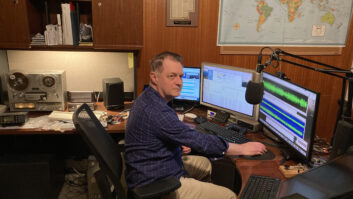Reactions have varied to the story about Apple receiving approval for a patent to allow users to skip portions of broadcast programming, like ads, in favor of content already stored on a device, like a song or podcast.
The U.S. Patent & Trademark Office granted Apple Patent No. 8,249,497 for “Seamless switching between radio and local media.”
By using metadata from RDS, broadcast listings or published third-party schedules, the device can “determine when an upcoming broadcast segment or media item is not of interest to the user,” states Apple in the patent. The technology analyzes audio from the source, uses an algorithm, much like Pandora, to determine your likes and dislikes and generates a preference profile. It also learns your habits from your content consumption.
In reaction, Radio Advertising Bureau President Erica Farber said listener preferences have always prevailed. “Of course one would hope a listener would continue to listen to an individual station or program uninterrupted, however, we can’t stop a listener from listening to a single station. Radio listeners have always shared their loyalties on average with three stations. We can’t stop technology, plus we have to accept that entertainment options have changed.”
Farber said however that as technologies continue to emerge and provide consumers “with boundless options, it is clear the radio listening experience will remain an integral part of audio consumption. Listeners will always want radio’s live, local and fresh content.”
Jump2Go’s Allen Hartle, whose product provides stations with metadata options as far as how receivers handle content displays, welcomes the opportunity to work with both broadcasters and device makers to ensure they provide the most accurate user experience for the listener and serve the needs of the advertisers who have purchased time on the station’s broadcast. It’s also critical, says Hartle, to preserve the integrity of other critical public service on-air events such as EAS and Amber alerts that occur spontaneously and without metadata, therefore are at risk of being omitted by an automated “process.”
An NAB spokesman declined to comment “at this point” and Apple did not get back to RW about its plans for the patent or whether the technology developer is considering including over-the-air radio capability in a future device.












